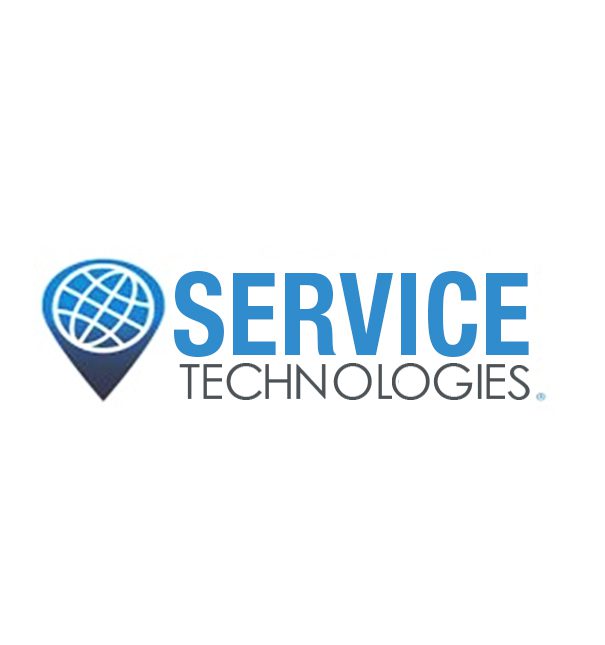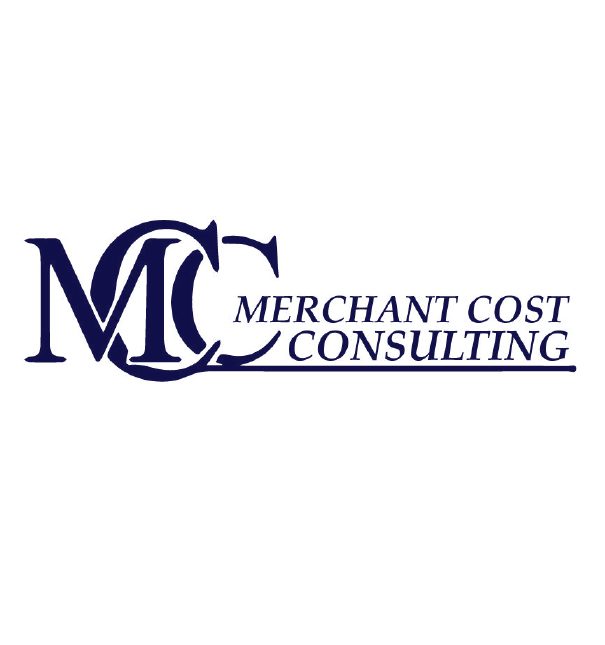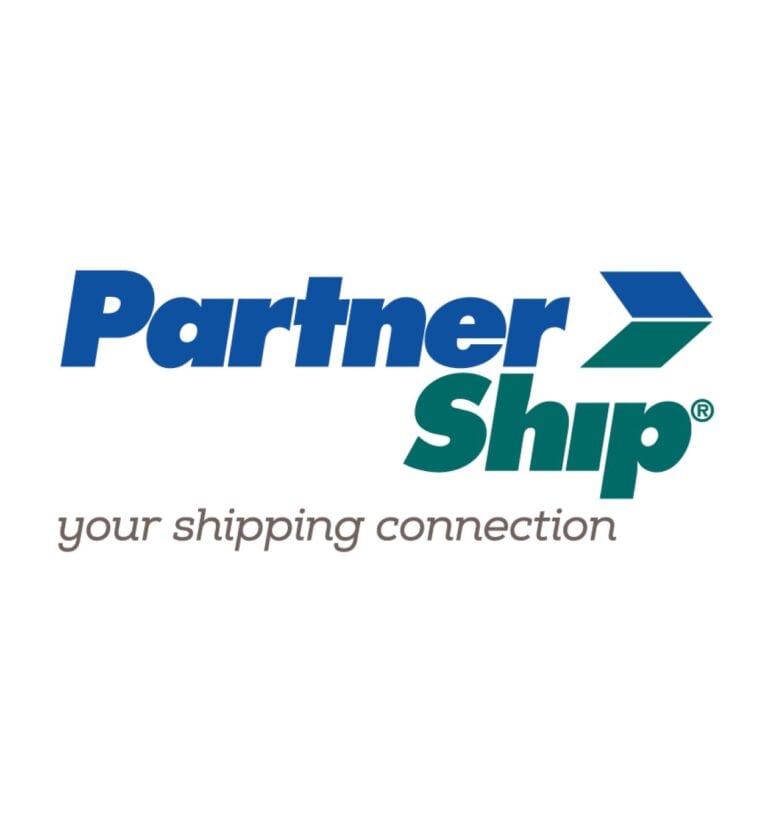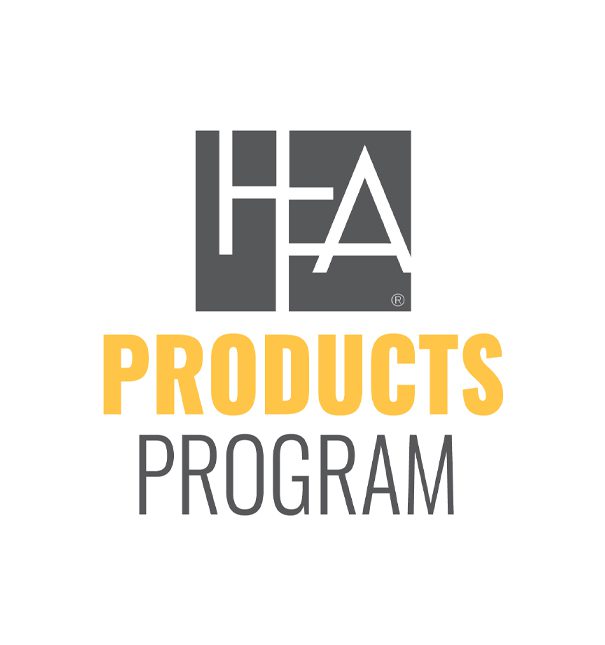Understanding where your store is on its journey can help you grow.
Bobby Martin has never owned a home furnishings store, but I bet a lot of home furnishings retailers can learn from him. Martin built his first company, First Research, up to the point where he could sell it to Dun & Bradstreet for $26 million. Since then he’s been involved with five other companies as an advisor and angel investor.
He’s now the chairman and co-founder of Vertical IQ, which provides sales research insight for banks. Like many of you, Martin has built businesses from the ground up with his own two hands—plus a little help from others. His knowledge focuses on startups, but can easily be applied to any family home furnishings business.
In his book The Hockey Stick Principles, Martin admits, “I had no idea how to build a business when I started.” That was certainly the case for me at The Family Business Institute, and the likelihood is—if you’re brutally honest—that was the case with you too! Having researched almost 200 successful companies and personally interviewed dozens of business founders, Martin describes the four distinct, predictable stages that occur as a company grows and becomes more successful. I wonder how many might apply to your store.
Tinkering
“Ideas for startups don’t just emerge whole from founders’ brains,” says Martin. “They are developed over time.” At my shop, we say, “It takes 20 years to be an overnight success.” We both mean the same thing.
Most entrepreneurs started their businesses in their 30s because they were good technicians. A gifted project manager or a top salesman or a terrific electrician rationalizes, “Why should I be working so hard and making money for this other guy? Why don’t I do this on my own and just keep all the money for myself?”
They confuse their technical prowess with having the skills and talents necessary to run an entire business with all its moving parts. Through dogged perseverance, hard work, and constant tinkering, many figure it out and manage to survive.
The Blade Years
Martin describes the blade years as “a bumpy time of highs and lows, during which many founders lose heart, or become overwhelmed.” Overwhelmed is certainly a word that can be applied to many family-owned home furnishings retail stores. The blade years can lead to a stable plateau, but the enterprise still has modest sales and borderline profits and is very vulnerable. The transforming idea or strategic partner or new customer opportunity which accelerates growth has yet to manifest itself. The blade years are a grind, and survival is the mantra.
The Growth-Inflection Point
This is the place where the company leaps off the plateau which may have lasted a few years or a quarter century. For example, it took Sam Walton about 12 years before he opened his second Wal-Mart. Most of us will never experience the explosive growth Walton created, but the growth-inflection point can nonetheless be a wild and exhilarating ride. This is the point at which you might say a family-owned store has “made it.” The business is no longer struggling day-to-day with scratchy profits. It’s not just surviving, it’s thriving.
Surging Growth
If the retailer manages the growth-inflection stage well, they will progress into the surging growth stage. This is the point where entrepreneurs come to many crossroads and have decisions to make. Founders must grapple with the difficult transition from scrappy entrepreneur to corporate manager. They have three main choices.
First, they can remain CEO by learning how to further professionalize the business.
Second, they can hire a CEO to manage the business, most often either by taking on another role such as heading up research and development, or becoming chairman of the board. Finally, they can do what Martin did. Simply sell the company and walk away.
Martin says “many founders stumble when making the transition to corporate chief and fail to recognize that they must master the requirements…” This transitional period is critical for a family business, and presents stakeholders with an emotional roller coaster ride as decisions are made—for better or worse.
Clients of The Family Business Institute are overwhelmingly represented in these last two stages.
Their businesses are mature; they’ve made it successfully through the blade years—and chances are they have the scars to prove it!—and they’re personally at a point of professional and financial success while being simultaneously challenged by the need to groom and train successor leaders. They must gradually consider the often-frightening prospect of slowing down and, one day, perhaps even leaving their beloved companies altogether.
Wayne Rivers is president of The Family Business Institute. He has appeared on The Today Show, CNN, CNBC and is an expert panelist for The Wall Street Journal. He can be reached at Wayne @wayne.rivers@familybusinessinstitute.com.
Thinking of transferring your wealth? Tread carefully.
Q: I want to move some of our wealth from 37 years of running our family store to our children and grandchildren. My husband is a little reluctant (actually, A LOT reluctant) given the Treasury Department’s proposed changes to close the estate and gift tax loopholes. Thoughts?
A: First, what you’re referring to is most certainly not a “loophole.” The estate laws have been passed by our elected representatives, and any legal means you take to reduce the size of your taxable estate—and, therefore, the taxes you pay—are perfectly valid. There is nothing loophole about smart family business estate planning.
Your husband is right to be reluctant about transferring wealth. There are plenty of horror stories about family businesses owners who, in their obsession to avoid taxes, passed along too much of their wealth during their lifetimes making their retirement years more challenging and unintentionally creating issues for heirs who struggle to handle their newfound affluence in a mature way.
My advice is don’t let the tax tail wag the dog for two reasons. Given our President-elect, it’s unlikely the estate tax laws will change for the worse for family furniture businesses in the near future. In addition, it’s exceedingly unlikely your net worth, discounted appropriately for estate valuation purposes, exceeds the $10,900,000 unified credit exclusion. If it does, congratulations!
Go see your tax counsel right away and plan appropriately—but not too aggressively. If you’re “a lot reluctant” to transfer wealth, say so! Don’t let your advisors, in their haste to earn their professional fees, talk you into planning techniques with which you aren’t comfortable. You can avoid taxation without giving away the store!










